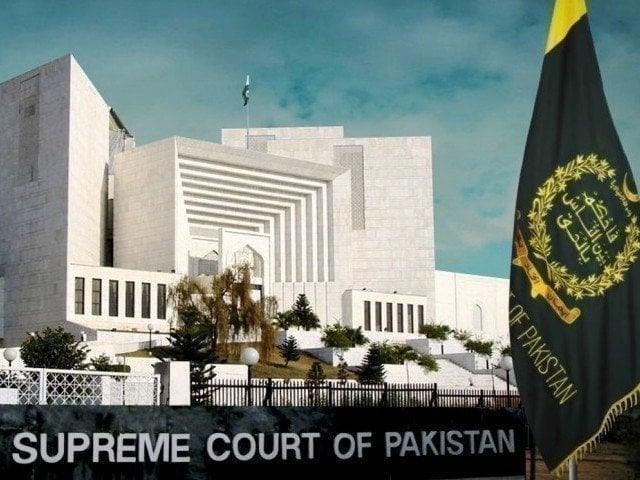Islamabad:
The Supreme Court examined on Tuesday the procedure to transfer judges in India, noting that, unlike the neighboring country, the constitution of Pakistan requires the consent of a judge of the Superior Court before they can be transferred to another superior court.
A Constitutional Bank of five members (CB) led by Judge Muhammad Ali Mazhar resumed the multiple requests that defy the transfer of three judges of the provincial higher courts to the Superior Court of Islamabad (IHC), as well as the subsequent change in the IHC antiquity list.
During the procedures, Hamid Khan, who represents the bar of the Superior Court of Lahore, continued his arguments, stating that several legal aspects of the transfers of the judges of the higher courts need an exhaustive consideration.
Judge Muhammad Ali Mazhar commented that in India, the consent of the judges is not necessary for transfers, and such decisions are made in consultation with the president of the Superior Court of that State. “However, in our system, obtaining the consent of a judge for transfer is a constitutional requirement,” he said.
Judge Naeem Akhtar Afghan observed that India follows a unified cadres system for the judges of the Superior Court, while Pakistan does not have a similar system for antiquity. Judge Shakeel Ahmed added that in India, the list of seniority for the judges of the Superior Court is uniform.
Hamid Khan argued that in India, the consultation with the president of the Supreme Court is mandatory before any transfer. He said that consent is essential when transferring to the judges and that, according to section 3 of the Law of the Superior Court of Islamabad, a consultation is required before a transfer or a new appointment.
“The selection of judges for transfer must be based on merit and that the executive branch should not have the authority to nominate the judges for transfer. This power must rest only with the president of the Supreme Court,” he said.
Hamid Khan said that, instead of transferring judges to the IHC, new appointments are often made. “In a recent case, the President of the IHC Supreme Court was consulted on the transfer of a Baluchistan judge, but the Transfers Council was not approved by the Cabinet,” he added.
Idrees Ashraf’s defender, who represents the founder of PTI, Imran Khan, also presented his arguments. He said that the transfer notification did not mention the possession of the transferred judges and said that such transfers could lead to discrimination between the judges within the Superior Court.
Judge Mazhar asked the lawyer if article 25, which guarantees equality before the law, should be considered in the process of the transfers of the judges. He also asked if the lawyer would be satisfied if the transfer possession was solved at two years, pointing out that the central problem remains the issue of seniority.
Later, the Court postponed the hearing until 9:30 am today (Wednesday).




